When to Hire an Emergency Preparedness Planning Expert
Emergency preparedness planning is essential for communities as the risk of experiencing disaster increases. Events such as wildfires, flooding, and extreme weather are now regular occurrences in communities across Canada. The continued expansion of industrial activities and transportation in both urban and rural areas is also increasing the frequency of disasters including chemical and oil spills.
Real-time coverage and analysis of disasters like the 2023 Maui wildfires have revealed gaps in the current standards for what an effective disaster recovery plan should look like. Devastating crises around the world have left international leaders wondering, “How do I make sure something like this doesn’t happen in my community?”
Leaders need to be proactive about preparing for emergency response and plan for the recovery process ahead of time. This can reduce vulnerability and ensure communities can build back better after disaster strikes.
It takes time, resources, and insight to develop an emergency management and disaster recovery plan. In this article, we’ll discuss when leaders should consider engaging an emergency preparedness planning consultant to support this process and how being proactive about disasters can help you:
- Get a holistic view of the risks your community faces and mitigate them before they happen
- Understand your community’s cultural, social, and psychological needs in the wake of a disaster so you can meet them
- Connect all organizations and individuals who need to be involved in response and recovery, and clearly establish roles and responsibilities
- Stay ready for different types of disaster to streamline response and recovery in the future
- Secure more funding to support mitigation, recovery, and rebuilding efforts
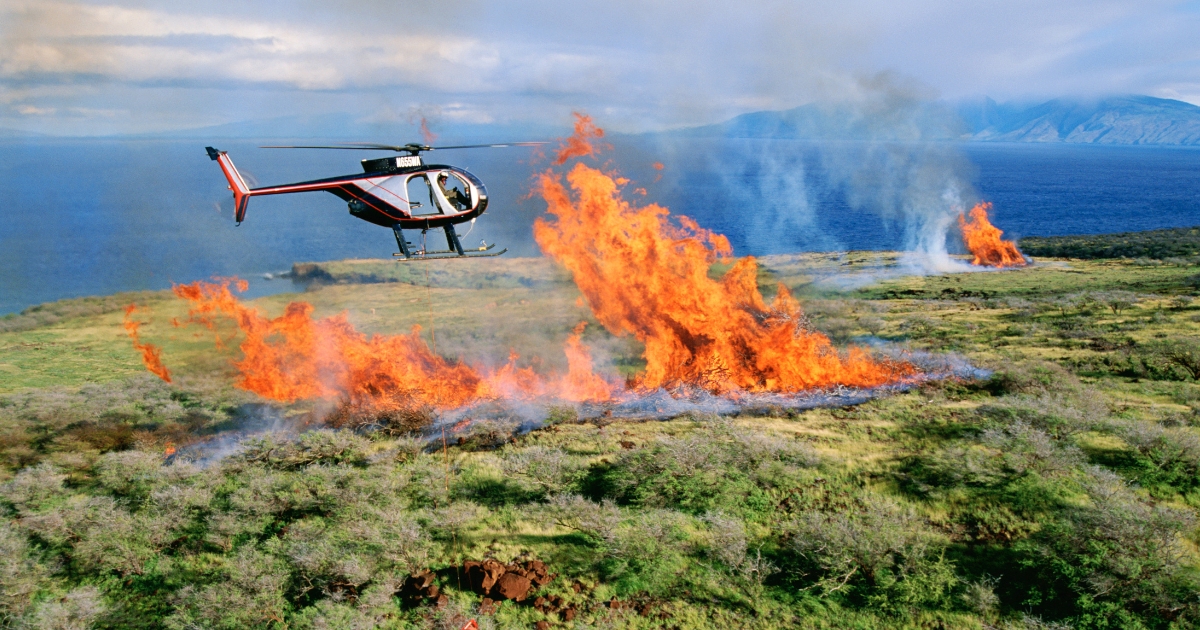
Getting Support from an Emergency Preparedness Planning Consultant
Small emergency management teams — such as those in rural municipalities — government agencies, and growing companies can benefit from the expertise and experience that specialists can provide without overextending their internal resources.
Consulting firms or an emergency management agency, such as Rebecca Innes Consulting (RIC), that specialize in disaster preparedness and recovery can help. These firms are trained to assist leaders in developing effective strategies for dealing with disasters from risk assessment, mitigation, and emergency response to short-, medium-, and long-term recovery.
Here are five key disaster management needs that the team of emergency preparedness planning experts at RIC can help leaders meet:
1. You Need Greater Insights into Your Community’s Risk
Many interconnected factors can contribute to a community’s risk of experiencing or being severely affected by disaster. Infrastructure, urban planning, ecology, socioeconomic status, and population density are just a handful of the elements that influence a community’s risk level. Getting a holistic view of the factors that impact recovery is essential for identifying points of weakness you need to address.
An emergency planning expert can help you conduct a hazard, risk, and vulnerability analysis and create a comprehensive report that identifies areas of focus. This establishes a starting point for a community emergency preparedness plan. At RIC, in addition to working to identify the factors that might contribute to vulnerability, we also work to uncover your community’s strengths — enabling us to incorporate existing resources into your plan.
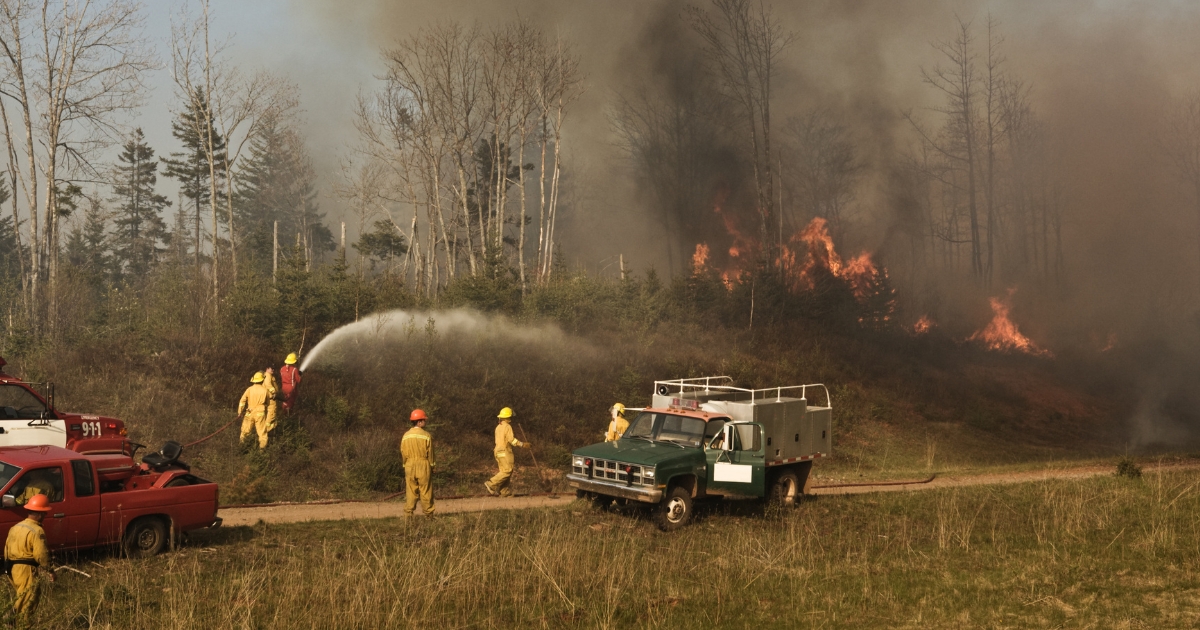
2. You Need a Third Party to Facilitate Community Engagement
Every community has unique needs and will be impacted by disasters in different ways. To create effective emergency management and recovery plans, leaders must understand how to meet these needs and address the ways disaster might affect community members. Leaders should conduct community engagements to determine what effective response and long-term resilience look like to the people who may eventually experience disaster.
RIC sees community engagement as a critical part of emergency preparedness planning. The community can provide more insights into potential vulnerabilities and strengths as part of the risk analysis. They can also help emergency management teams understand where and how to allocate resources in the event of a disaster. After a disaster has happened, maintaining an open dialogue with the community is critical for establishing trust and camaraderie — which are essential to the teamwork required for resilience.
Community engagement can include setting up town hall meetings or speaking directly with individual business owners and residents. The RIC team is trained to facilitate community engagement to ensure that residents are heard, and that their concerns and ideas are effectively incorporated into your community emergency preparedness plan.
Get support with community engagement initiatives →
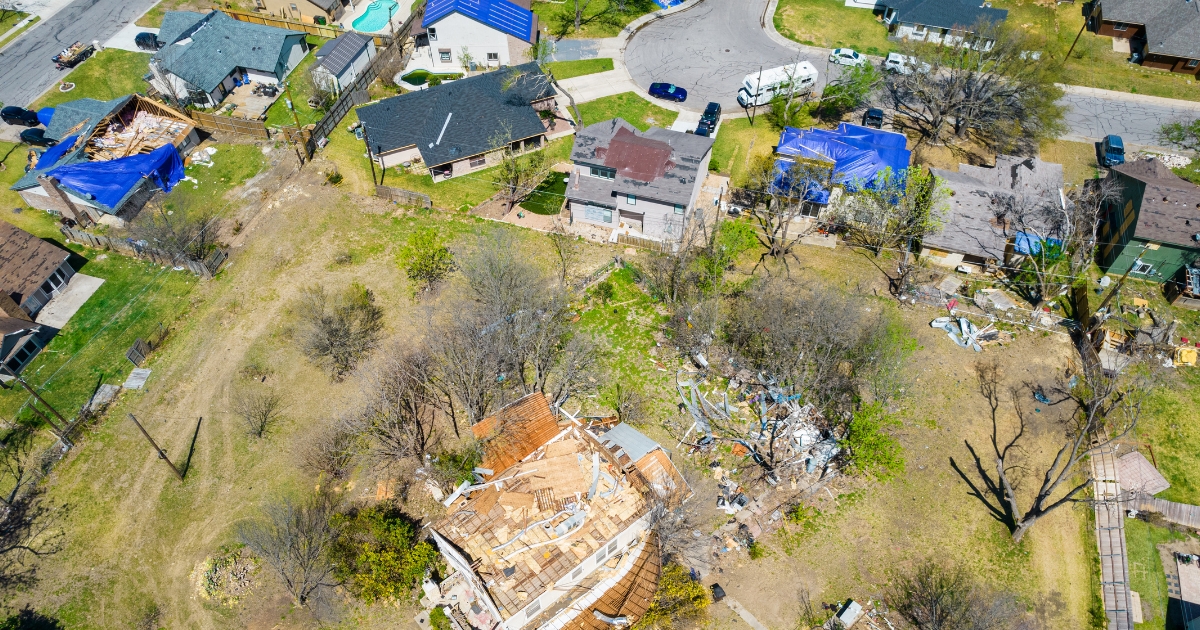
3. You Need to Assign the Right People to the Right Responsibilities
Organizations and individuals need to work together to successfully respond to and recover from a disaster. Collaboration and communication are often major roadblocks to managing an emergency. Bringing in an emergency preparedness consultant can help your team identify and connect the key parties who need to play a role in the disaster management process.
At RIC, we work with teams to establish relationships with businesses, healthcare and community facilities, and local and regional departments — such as emergency services and sanitation. We help them assign roles and responsibilities. Whether you’re anticipating a disaster or have recently experienced one, RIC can help your team establish a disaster recovery coordination centre. We can also assist with identifying the parties that need to be involved, and creating a streamlined network of communication between each group.
4. You Need to Understand the Nuances of Different Disasters
An emergency management agency or a disaster recovery consulting firm has experience working with many different communities facing a variety of disasters, at varying scales. It’s difficult to plan for something when you don’t know what you don’t know.
Emergency preparedness planning experts often have hands-on experience with many types of disasters. They’re also continuously learning about new approaches and strategies from other industry leaders so they can provide insightful and innovative tactics to address new challenges.
Emergency management and disaster recovery specialists can help you build a disaster recovery framework that provides a general structure for all your disaster plans, regardless of the nature of the disaster. RIC specializes in creating robust frameworks that prioritize your community’s unique needs and vision for resilience.
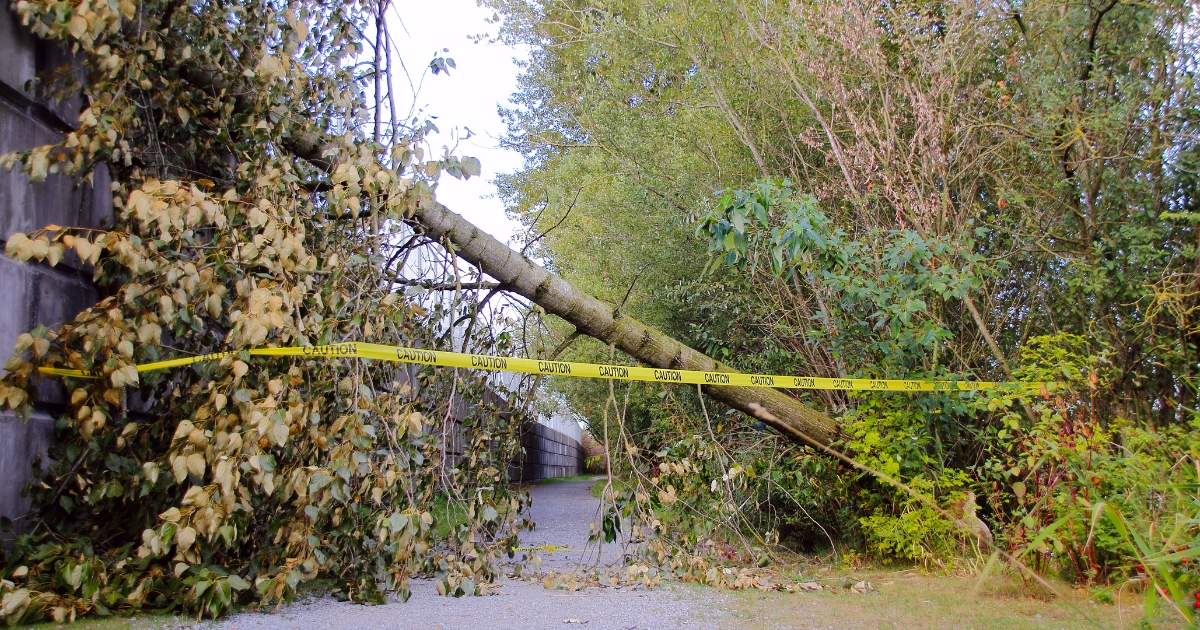
5. You Need to Secure Funding and Find Avenues for Aid
Emergency preparedness planning experts are likely to have existing relationships with disaster relief funding providers and humanitarian aid organizations. They can help emergency management teams get in touch with the right individuals and provide support with grant writing. This includes identifying all areas where a community may need support to make the strongest argument possible to grant administrators, ensuring they can secure enough funding to make an effective recovery.
The RIC team has extensive experience securing funding for mitigation, response, and recovery initiatives. Our team has also helped communities set up agreements with non-profits like the Red Cross, Team Rubicon, and the Salvation Army to ensure that they can count on support from these organizations during a crisis.
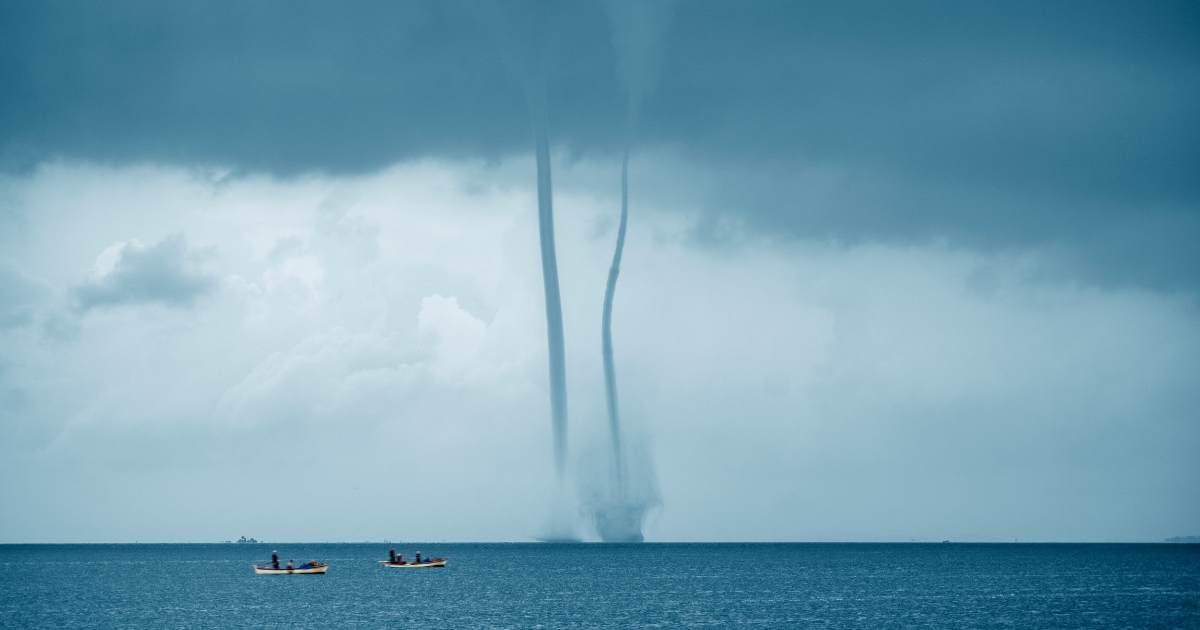
Prepare for Disaster, Plan for Long-Term Resilience
Get started on your community disaster preparedness, response, and recovery plans. RIC provides a range of services that can support every stage of emergency management starting with risk assessment and mitigation to response strategy and long-term recovery planning — tailored to meet the needs of your unique community.
Curious to learn more?
Contact Rebecca Innes Consulting (RIC) to learn more about our emergency and disaster management solution services.
Additional Sources
- “Why Do Communities Recover Differently after Socio-Natural Disasters? Pathways to Comprehensive Success of Recovery Projects Based on Bam’s (Iran) Neighborhoods’ Perspective.” International Journal of Environmental Research and Public Health, Bahmani, Homa, and Wei Zhang, vol. 19, no. 2, 7 Jan. 2022, doi:10.3390/ijerph19020678.
- “Unnatural Disasters” Climate Institute. Accessed May 8, 2024.
RIC Blogs
Supporting Disaster Preparedness in Indigenous Communities
Indigenous Peoples are disproportionately affected by disasters like floods and wildfires. As weather patterns shift and annual disaster seasons become the norm, the effects of climate change on Indigenous communities in Canada are becoming more severe. In 2023, over...
Four Common Gaps in Root Cause Analysis Methods in After Action Reports
Each community disaster is a learning opportunity. As disasters become more frequent, leaders need a system to assess what happened and how to improve. This will help strengthen their disaster preparedness plans for the future. Completing an incident analysis and...
Disability and Disaster Management
In an emergency, no one should ever be left behind. Emergency response plans must be inclusive and provide strategies for supporting every individual in your community—including those with disabilities. When it comes to disability and disaster management, most of the...
Crisis Leadership During a Community Disaster
Effective leadership during a crisis is multifaceted. The crisis leadership style that works for one type of community may not work for another. This is why emergency management teams must tailor crisis leadership training and guidance to the needs of the people...
Four Barriers to Community Disaster Resilience
Long-term community disaster resilience hinges on effective leadership, teamwork, and project management. In the wake of a disaster, individuals across organizations, levels of government, and industry sectors as well as members of the community itself must work...
What is a Disaster Recovery Framework?
A disaster recovery framework outlines your community’s plans for long-term resilience in the wake of an emergency such as a fire, flood, severe weather, or chemical spill. Disasters disrupt many interconnected parts of a community—from infrastructure to essential...
How to Take a Holistic Approach to Your Disaster Recovery Plan
Emergency preparedness and recovery planning create stronger communities that are more resilient to the impacts of disaster. However, to see the benefits of a disaster recovery plan, emergency managers need to take a holistic approach to their risk assessment,...
What it Means to Build a Disaster-Resilient Community
Resilience doesn’t look the same for every community. Those in rural areas have different resources, needs, and cultural values than communities in urban centres. Indigenous communities have important traditional relationships with the land they live on, which also...
Three Critical Oversights in Emergency Planning
Effective response by an emergency management organization (EMO) is dependent on strong relationships. Emergency planning involves a highly complex network of organizations, businesses, teams, and individuals. Successfully planning for emergencies caused by disaster...
Five Keys to Securing Disaster Financial Assistance
Securing funding for disaster recovery can be a challenge for small emergency management teams, especially those in Indigenous communities. In addition to identifying funding options, teams are often faced with bureaucracy and a heavy administrative burden as they...



















